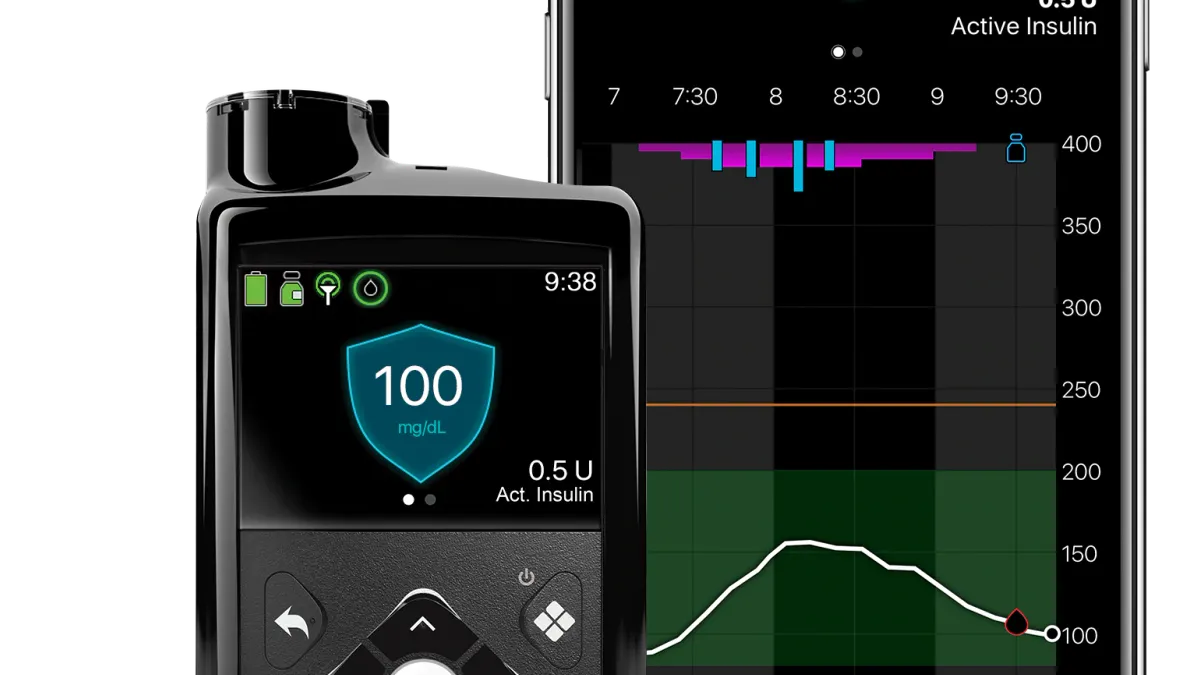Dive Brief:
- Goldman Sachs analysts have issued a “mea culpa” that outlines problems with recent forecasts they made about Medtronic and LivaNova.
- The analysts correctly identified that Medtronic’s key pipeline projects could face setbacks, but they said they underestimated how hard subsequent missteps would hurt the company and its stock.
- LivaNova presented a different problem, with the analysts saying that they could have more accurately forecast the probability of clinical trial success based on evidence they gleaned from statisticians.
Dive Insight:
Medtronic has struggled to deliver on key projects in recent years, leading to a decline in its stock performance. The shares have fallen about 26% in the past year and trade at about $78. That’s below the $130-plus stock price reached at points in 2021.
The drop in the share price covers a period in which Medtronic’s renal denervation filing was held up by the failure to beat control at an interim clinical trial analysis, in addition to a warning letter delaying the market entry of the Guardian 4 glucose sensor and the 780G MiniMed pump. The Goldman analysts foresaw the problems but underestimated their impact.
“We believed that the company’s key pipeline projects were at risk to suffer setbacks, and that sales and margin expectations on the Street were too high. The stock indeed underperformed due to many of the concerns we had laid out, but downside risks proved greater than what even we were contemplating,” the analysts wrote in a note to investors. “While we may have gotten the company’s challenges right, we missed the extent of investors’ risk aversion to the downside scenario we had portrayed.”
For LivaNova, the analysts had forecast that a clinical trial of the company’s vagus nerve stimulation therapy for depression had a 30% chance of hitting statistical significance once 250 patients were enrolled, rising to a 70% chance for 500 patients. In November, LivaNova said it had passed the 375-subject mark but was yet to hit statistical significance.
“In retrospect, looking at evidence we had and comments from statisticians, we could have anticipated lower probabilities of success. But at the end of the day the outcome (as always) was uncertain, and we just got this one wrong,” the analysts wrote.












